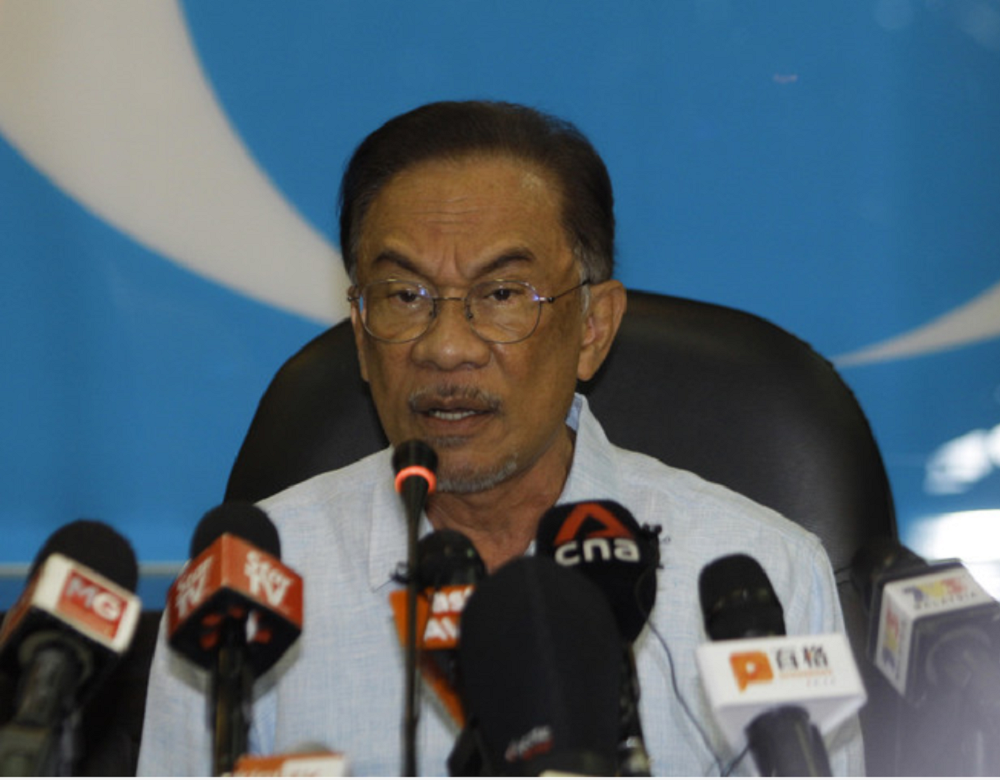KUALA LUMPUR, June 14 — Datuk Seri Anwar Ibrahim penned last night a lengthy and fiery critique seemingly aimed at his once-archnemesis, Tun Dr Mahathir Mohamad, calling into question the narrative that hailed the former prime minister’s handling of the 1998 Asian Financial Crisis.
Anwar, who was Dr Mahathir’s deputy and finance minister at the time, began his critique by explaining his support for the International Monetary Fund at the time, a controversial call that his critics eventually exploited by depicting him as a stooge of the West.
The PKR president insisted he never accepted many of the IMF’s policy proposals outright, but instead saw them as an opening to carry out the structural and institutional reforms needed to correct an economy that thrived on patronage and graft.
“I never accepted the IMF’s recommendations outright, despite what has been alleged,” the Port Dickson MP wrote.
“What I believed to be correct in the IMF’s assessment was that Malaysia faced a crisis of confidence which could only be rectified by real structural changes that increased transparency, accountability and ensured the independence of institutions.”
Anwar claimed the Mahathir administration adopted none of the reforms he proposed.
Instead, Malaysia went on to impose capital controls. Anwar said the move, while praised as a demonstration of anti-neocolonialism spirit, was questionable in its effect.
“Some have argued the timing of controls made no sense since by late 1998 much of the contagion had already worked its way through the system,” he wrote.
“Most of the region was beginning to recover,” he wrote.
The PKR president also suggested that pegging the ringgit came at a heavy cost — investor confidence in Malaysia tumbled.
“Whatever gains were to be made from controls would be undone by the permanent damage done to our global stature as a friendly destination for investment,” he said.
Although the posting was part of a lecture he delivered at Harvard University during his stay in the United States, the timing would likely arouse speculation.
The notes were published amid talks of a widening rift between Anwar and Dr Mahathir, ostensibly over the right to lead the Opposition coalition and ultimately the prime ministership as talks of snap polls grow.
The former deputy prime minister had also been vocal as a backbencher when Pakatan Harapan ruled, often issuing stern statements that suggest the fledgling government was drifting away from its reform agenda, criticisms observers say were likely directed at Dr Mahathir.
In his retrospective lecture, Anwar cast similar aspersions, accusing the Mahathir administration of neglecting reform despite lauding his government’s response to the 1998 crisis.
“On this point I think you have to let history be the judge,” he said.
“Yes — Malaysia did recover well in 1999. So too did most other countries in the region, none of which imposed controls. But during that critical period, what did the government do to rectify the underlying structural problems?
“Hardly anything.”



















